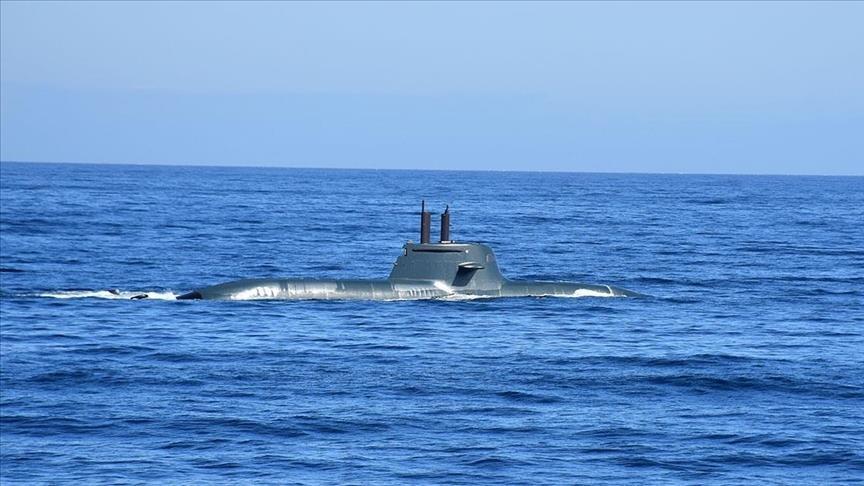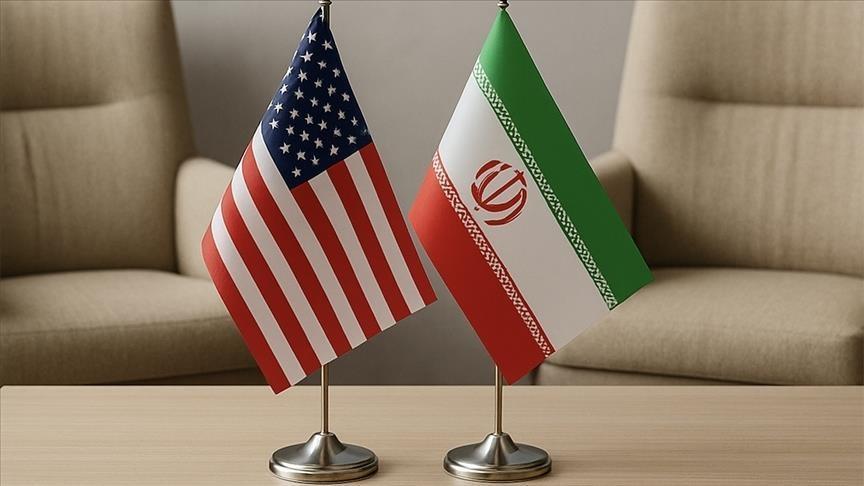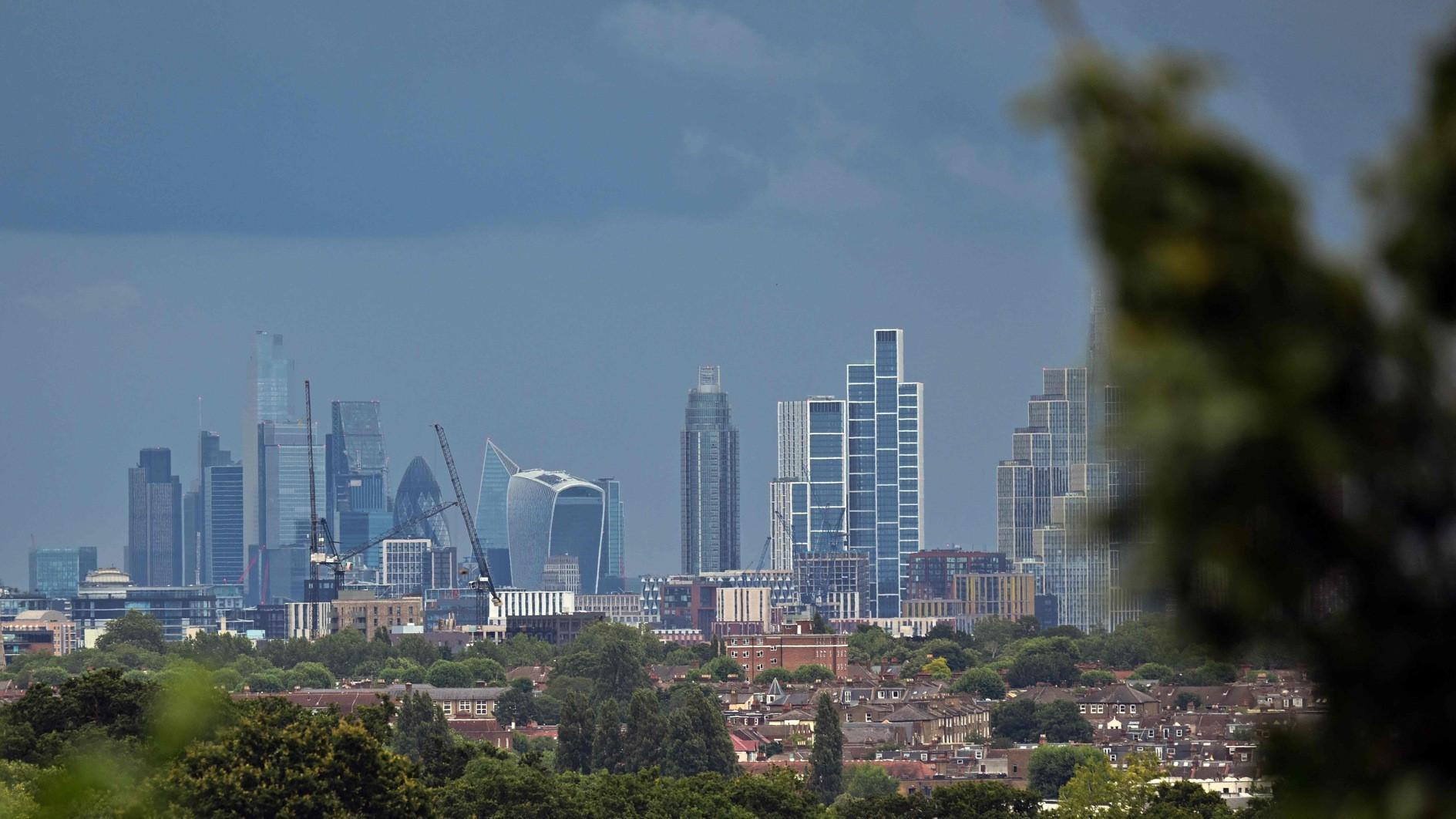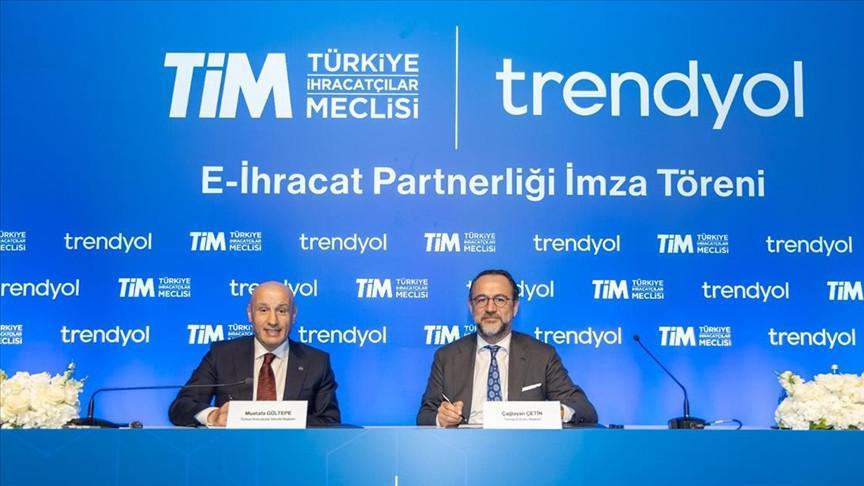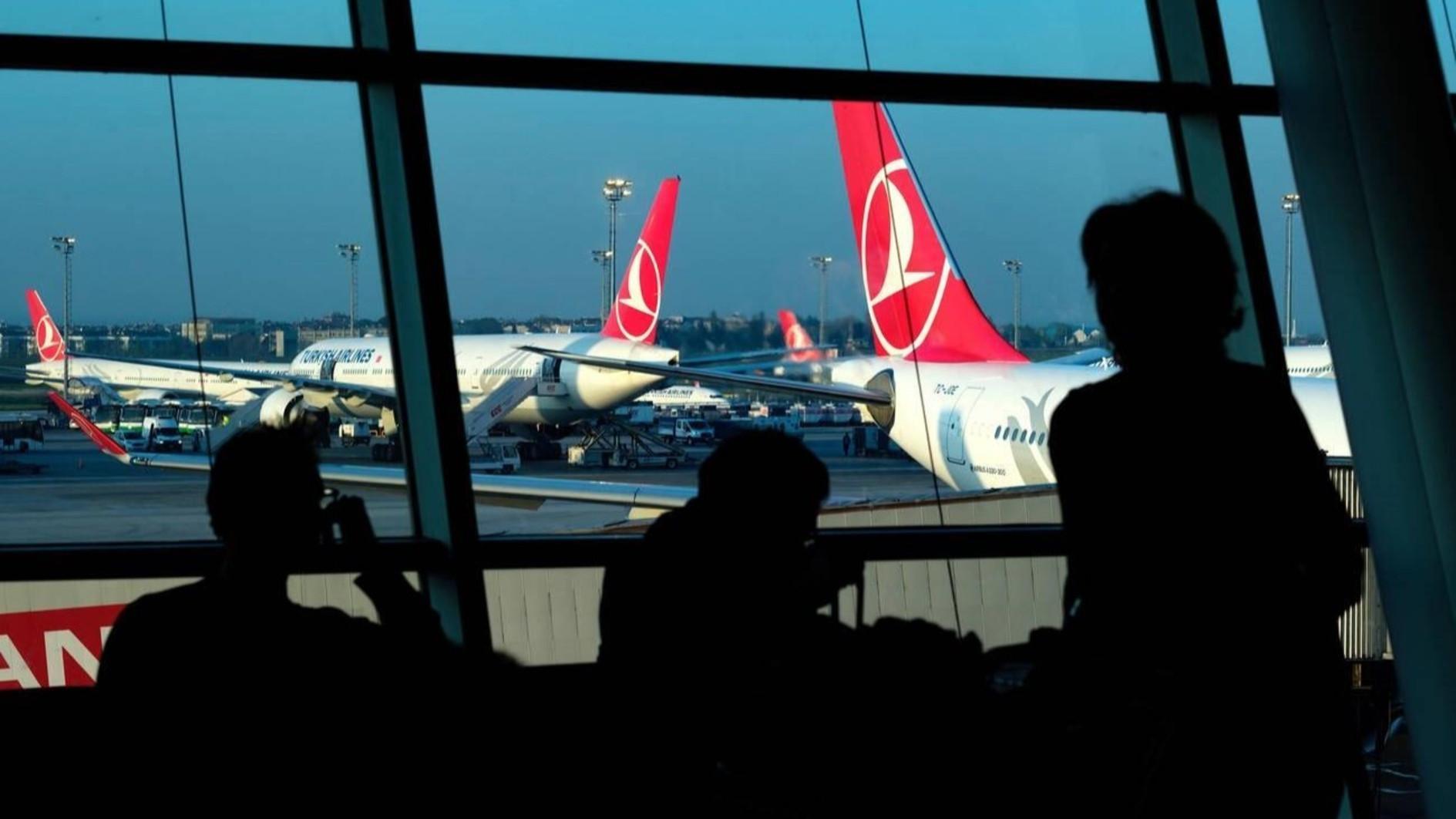Leaders head to France for UN summit on oceans
NICE

World leaders descended on the French Riviera Sunday ahead of a high-level summit to tackle a deepening crisis in the oceans driven by overfishing, climate change and pollution.
The United Nations says oceans face an "emergency" and leaders gathering in Nice will be under pressure to commit much-needed money and stronger protections for the ailing seas and the people that depend on them.
The U.N. Ocean Conference must try to turn a corner as nations feud over deep-sea mining, plastic litter and exploitative fishing, against a backdrop of wider geopolitical tensions.
Some 50 heads of state and government are expected to attend, including Brazilian President Luiz Inacio Lula da Silva and his Argentine counterpart Javier Milei.
Sunday, French President Emmanuel Macron sailed to Nice from Monaco, where he is attending a related event aimed at raising private capital for ocean conservation.
On the evening, Macron hosted leaders for a dinner of Mediterranean fish ahead of the summit's formal opening today.
Peaceful demonstrations are expected over the five-day event and France has deployed 5,000 police to the heritage-listed city where scientists, business leaders and environmental activists are also attending in big numbers.
A strong turnout is also expected from Pacific Island nations, whose delegations will demand greater financial assistance to fight the rising seas, marine trash and plunder of fisheries that threatens their very survival.
The United States under President Donald Trump, whose recent push to fast-track seabed mining in international waters sparked global outrage, is not expected to send a delegation.
Conservationists have warned the summit, which will not produce a legally binding agreement, risks being a talk fest unless leaders come armed with concrete proposals for restoring marine health.
Chief among these is securing the missing finance to get anywhere near protecting 30 percent of the world's oceans by 2030, a globally agreed target.
"We've created this sort of myth that governments don't have money for ocean conservation," Brian O'Donnell, director of Campaign for Nature, told reporters.
"There is money. There is not political will," he said.
So far, only around 8 percent of oceans are designated marine conservation zones and even less are considered truly protected.
Greenpeace says at this rate, it could take another 82 years to reach the 30 percent goal.
In a boost this week, Samoa declared 30 percent of its national waters under protection with the creation of nine new marine parks.
Conservationists hope others at Nice follow suit.
There has also been a concerted push for nations, including France, to ban bottom trawling: A destructive fishing method that indiscriminately scrapes the ocean floor.


